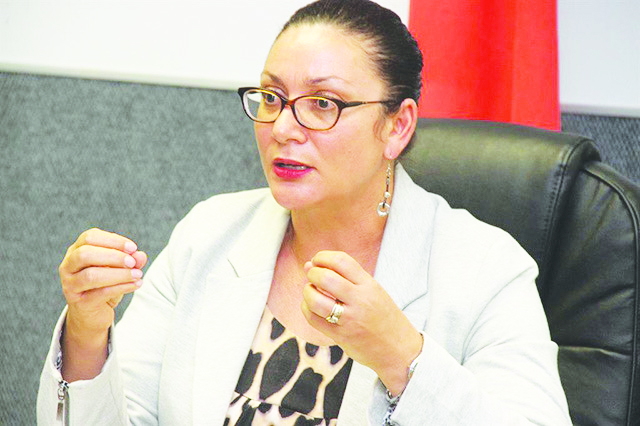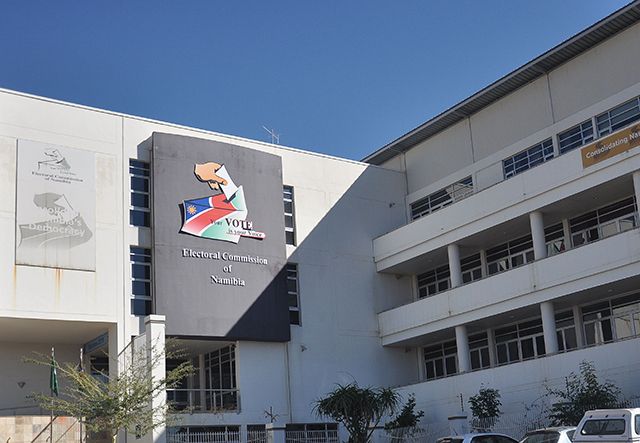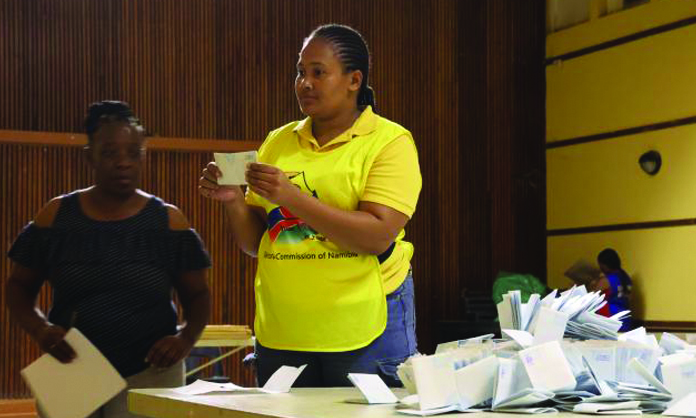THE culture programmes division of the Ministry of Education, Arts and Culture are at loggerheads with the ministry regarding job descriptions and budgets as various regional culture officers claim they have been in limbo for the past five to six years.
The division is mandated to seek out and implement cultural programmes within the regions.
However, regional culture officers have reportedly for years been spending most of their work day hanging around aimlessly due to a lack of job descriptions and budgets.
A source within the division says a cultural officer earns between N$16 000 and N$21 000 per month.
“There are no job descriptions. Between 2017 and 2018 there was a workshop in Windhoek where job descriptions were drafted, but until today those job descriptions have not been approved or shared with officials,” a culture officer within the ministry, who wants to remain anonymous, says.
The source says the culture division is severely neglected as it does not feature in the ministry’s day-to-day operations.
The education, arts and culture minister and the executive director do not enquire about the culture arm of the ministry, the source claims.
“They should do submission requests to the prime minister to transfer culture, because it is evident they don’t have an idea what culture is all about. We fully understand the overall budgetary constraints facing the whole country and the government in particular, but our lack of funding has been going on for five or six years now,” the source says.
The ministry, however, says the notion that regional culture officers are sitting without anything to do is far from the truth, adding that each staff member is required to sign performance agreements which are reviewed, and that corrective measures are implemented should there be gaps.
Sanet Steenkamp, the executive director in the ministry, refutes the claims, saying while culture officers have been reduced, they still have full job descriptions.
No one within the ministry lacks job descriptions as per the prime minister’s personel administration measures, she says.
“Everybody should have a performance agreement, and if cultural officers do not work, they should be ashamed of themselves,” Steenkamp says.
She says: “We know the budget is not what it should be, but there is a deputy director. If there is no deputy director . . . there are chief cultural officers, and chief education officers responsible specifically for culture.”
Steenkamp says the ministry has fully decentralised arts and culture to the regions, with 40 or 53 arts extension workers who operate within the regions on a permanent basis.
The ministry further maintains that culture officers continue to play a critical role amid the Covid-19 pandemic in terms of raising awareness and building cultural resilience, as was the case with a number of regional interventions during Heritage Week last year.
The School Culture Clubs for Development (SCCD) programme guide was launched in 2017 as a mechanism to integrate culture into the mainstream curriculum, but the project has not been implemented yet, due to the lack of a guiding manual.
According to the ministry, they commenced with broader stakeholder consultations to translate the SCCD guide into a manual and bring it closer to the classroom.
This process is ongoing and remains part of the ministry’s agenda for the 2021/2022 financial year.
Regarding the arts, heritage and culture policy, the ministry says it is now ready for tabling in parliament.
Thereafter a rollout and action plan would be developed in collaboration with all stakeholders.
Stay informed with The Namibian – your source for credible journalism. Get in-depth reporting and opinions for
only N$85 a month. Invest in journalism, invest in democracy –
Subscribe Now!






